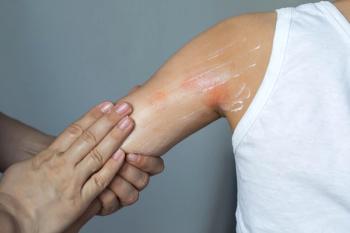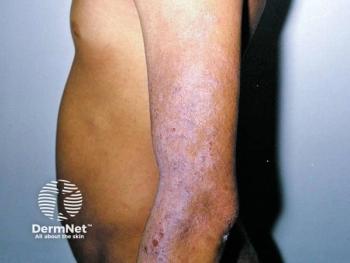
Teens' Risky Behaviors
Cleveland - Adolescent tanning behavior has not received sufficient attention by researchers and should be considered with other risk behaviors such as substance abuse and sexual activity, according to Catherine Demko, Ph.D., a research associate at the Comprehensive Cancer Center of Case Western Reserve University in Cleveland. Dr. Demko and colleagues looked more closely at this modifiable cancer-causing behavior by studying a nationally representative sample of 6,903 non-Hispanic white adolescents, aged 13 to 19 years. The teens had responded between April 1, 1996 and Aug. 31, 1996 to a survey about adolescent behaviors for the National Longitudinal Study of Adolescent Health.
Newsletter
Like what you’re reading? Subscribe to Dermatology Times for weekly updates on therapies, innovations, and real-world practice tips.












